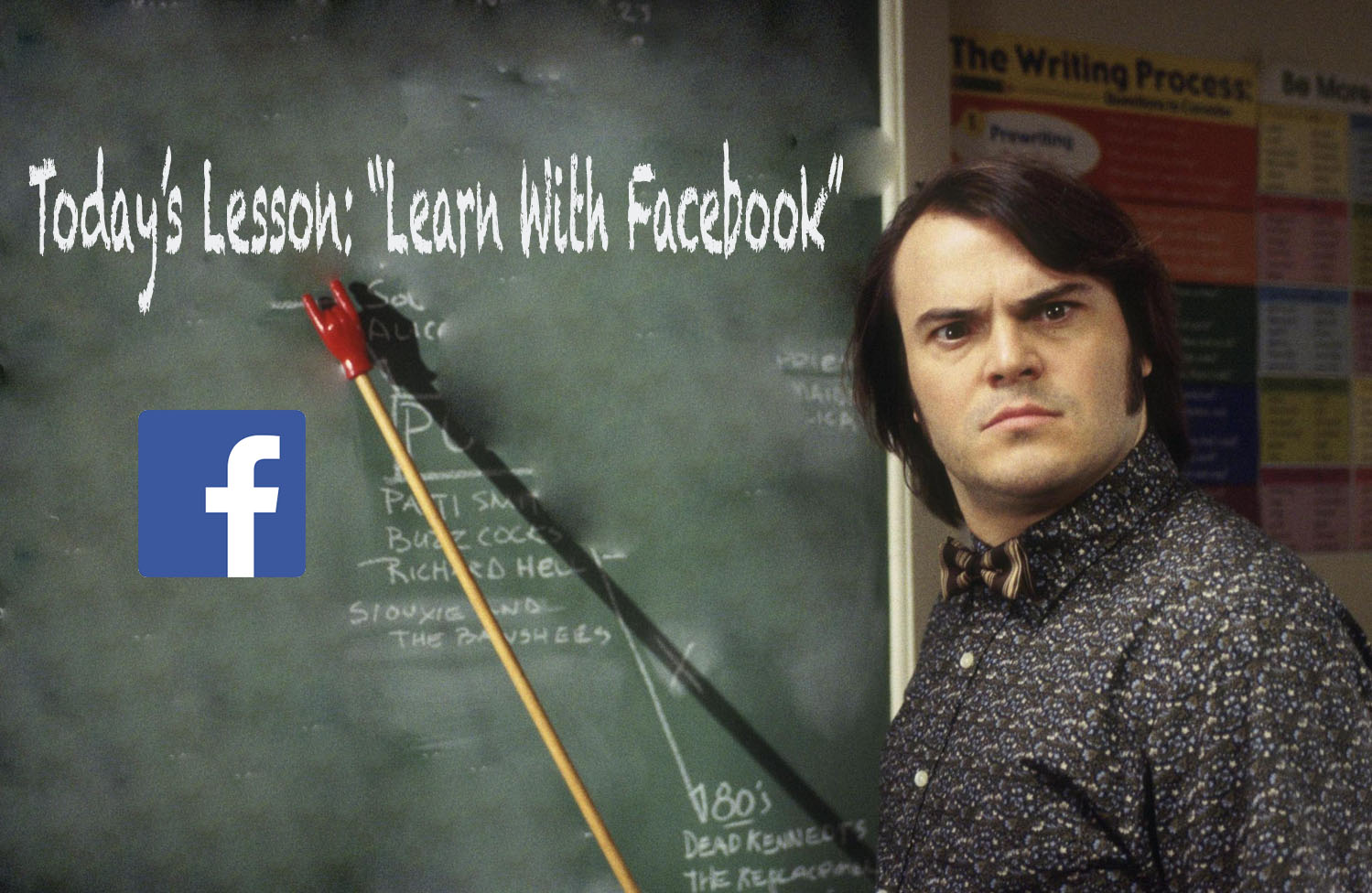The young and restless are into some weird fads lately, and I, along with millennials, baby boomers, and millions of other Americans older than sixteen, can’t seem to understand what’s fully going on. The iGen, Gen Z, or simply anyone born between the years of 1995 and 2012, are the first generation to grow up engrossed with smartphones, tablets, and other high-tech gadgets that weren’t around when many of us came into this world. These individuals are the first in human history born with an almost congenital understanding of how to take a selfie. If only their aptitude for technology was equivalent to their follow through on social activism and showing up to vote, maybe the world would be less complicated, but that’s a thought for another time.
Whereas the last several generations marveled at the creation of social media and all its intricacies, the iGen is a bit particular when it comes to their platform of choice. According to data collected by Origin, a Boston-based market research company, 84% of Facebook’s (FB) users are between the ages of thirty and forty-nine. Yes, millions of millennials and iGen kids use the popular social media platform, but user numbers for Facebook (FB) have dropped off in the last few years.
Ironically enough, Facebook’s (FB) largest competitor, the popular photo-sharing app, Instagram, was acquired by the company for $1 billion back in 2012. As of 2017, Instagram’s monthly users amounted to roughly 800 million people engaging with the app per month, and at least 500 million use the app on a daily basis, according to Tech Crunch.
Though Instagram’s success is mutually beneficial for Facebook (FB), the social media giant is looking into other possibilities to revitalize its platform to increase user engagement. Over the course of the last few months, Facebook (FB) has been putting in the groundwork to augment their platform to create a space for working professionals to network, collaborate, and seek out new job opportunities, while simultaneously entering territory previously dominated by sites like LinkedIn (MSFT) and Indeed.
After offering and securing one million jobs for Facebook (FB) users, CEO Mark Zuckerberg announced on Tuesday that Facebook (FB) will be launching a new education portal, Learn With Facebook (FB), that will create a space for users to share best practices and information regarding a myriad of topics across all industries. “Learn With Facebook” will integrate the two of the platform’s new services, ‘Mentorships’ and ‘Jobs’ to allow for a one-stop-shop for professional networking.
Fatima Saliu, head of policy marketing at Facebook (FB), says that “Learn with Facebook” and other platform updates are just a few ways the company is looking towards the future and what role their social networking space will play in it all.
“This is the foundation and the beginning. We do intend to build out the content to make sure we are evolving with the market economy and job skills.”
–Fatima Saliu, Head of Policy Marketing, Facebook
Despite the sheen of new services and updates to the user experience, the tech industry still doesn’t fully trust Facebook (FB). Suffering devastating blows from bad press related to user data breaches and evil tag team efforts with foreign entities to jeopardize US political activity, Facebook (FB) is still very much in the doghouse.
Giving credit to where credit is due, Facebook (FB) is really trying to do everything they can to use their platform for good, instead of accidental evil. The advent of ‘Jobs,’ ‘Mentors,” and now “Learn with Facebook,” demonstrate the company’s yearning to provide its users with resources to help them be successful. Facebook (FB) was founded with the intention of taking the college experience and making it a reality for everyone. Partying and consumption of alcohol aside, Facebook (FB) pioneered the concept of social networking, being able to connect with millions of people around the world for the purpose of making friends, sharing ideas, and creating new and exciting opportunities for the world to share in.
If Facebook (FB) hopes to replace LinkedIn (MSFT), they have popularity on their side, they just need to earn back the trust of its users as well as the market.





